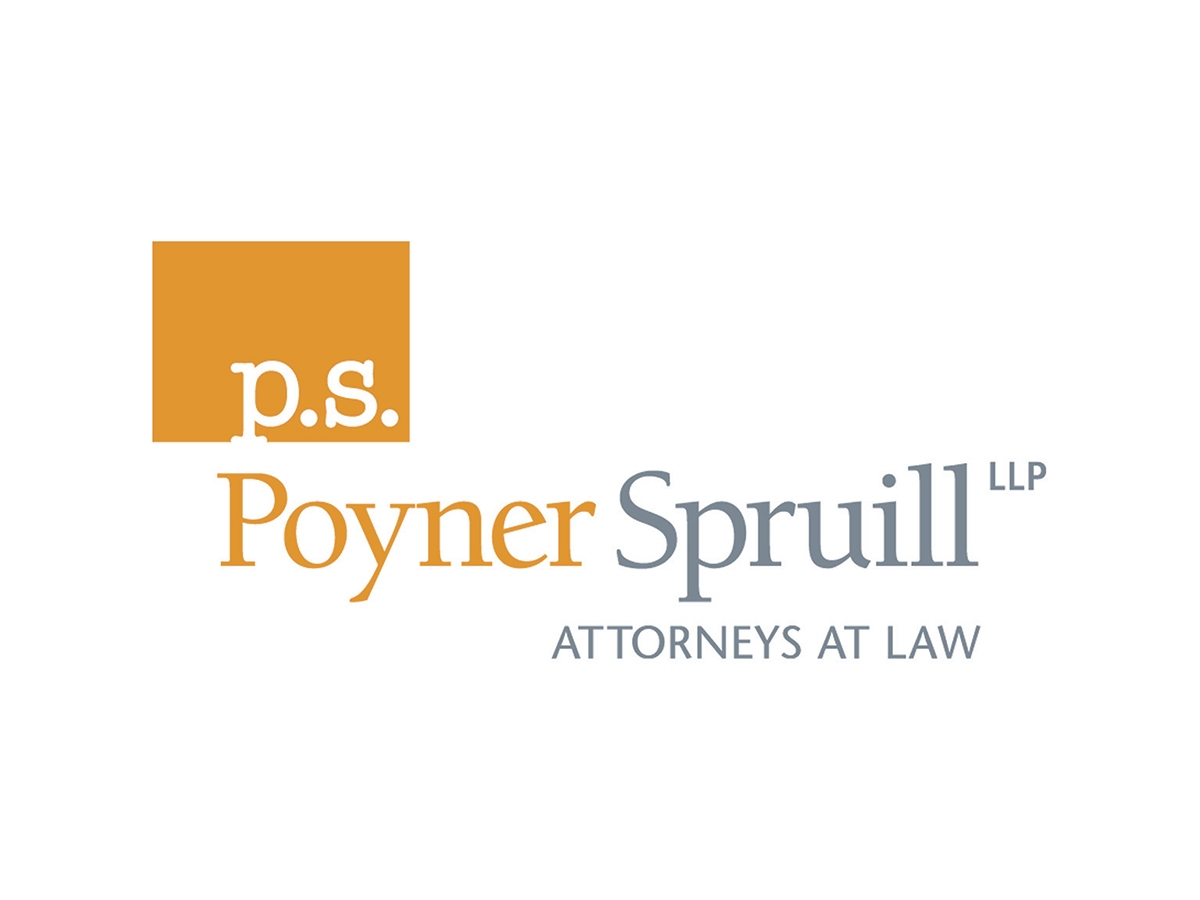The Consumer Financial Protection Bureau (CFPB) has proposed an open banking rule (Proposed Rule) requiring certain financial institutions to allow consumers and approved third-party financial service providers to allow access to a consumer’s banking, transaction, and other financial data known to the financial institution. The CFPB will publish a finalized version of the Proposed Rule this fall.
What is open banking?
The concept of open banking was first introduced in 2003 as part of the open innovation movement and is driven by technological advancements that enabled consumer facing banking to function through new online technologies. Open banking (also known as “open bank data”) facilitates the interconnection of accounts and data across different institutions, providing benefits to consumers, financial institutions, and third-party service providers. Open banking is anticipated to be a major driver of innovation which could revolutionize the banking industry. The result could be a more competitive financial services marketplace as consumers are more easily able to transfer data across financial service providers. The Proposed Rule covers consumer financial data relating to account balances, two years of transaction history, access device information (e.g. account numbers, routing numbers or their tokenized equivalents), account terms and conditions, pending bill payments, and basic information needed to verify the account (e.g. name, address, phone number, etc. of the account holder).
...
More:

Open Banking: An Introduction | JD Supra
The Consumer Financial Protection Bureau (CFPB) has proposed an open banking rule (Proposed Rule) requiring certain financial institutions to allow...
Supposedly the CFPB could issue their finalized rule proposal as early as today...






